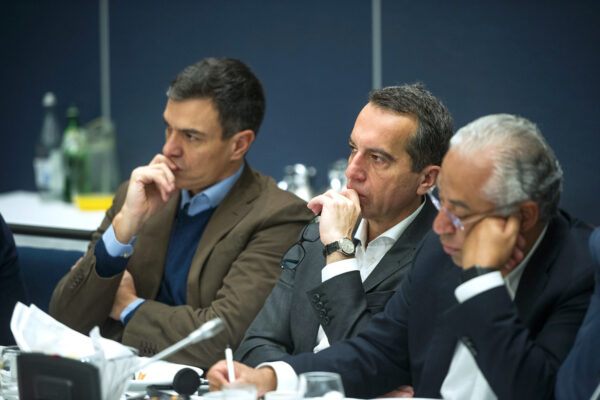
The good news is that Catalan and Spanish politicians are talking again. Official dialogue between the regional and central governments was resumed this week after a year-and-a-half delay due to COVID-19.
But that’s the only good news. A meeting on Wednesday ended without agreement. A solution to the longrunning dispute between Spain and its wealthiest region is still out of reach.
More autonomy
I’ve argued for several years that Catalonia needs a third way between secession and the status quo. Two in three Catalans want more self-government. Force them to choose between independence and the autonomy they have, and they split down the middle.
So why isn’t more autonomy happening? I explain in my latest column for the Dutch opinion blog Wynia’s Week:
- The majority of Spaniards are against it. Half believe Catalonia has too much autonomy already!
- Separatist hardliners are against it. They understand a compromise would weaken popular support for independence.
No alternative
That leaves Prime Minister Pedro Sánchez in a lonely place.
Right-wing opposition parties accuse him of “treason” just for talking with the Catalans. Together for Catalonia, the junior party in the Catalan government, refused to attend Wednesday’s meeting. It isn’t convinced Sánchez will make meaningful concessions.
It didn’t help that, only days before, Sánchez withdrew a €1.7 billion investment in Barcelona’s El Prat Airport and postponed a reform of the sedition law under which nine Catalan leaders were imprisoned in 2019 for organizing an unsanctioned independence referendum in 2017. Sánchez did commute their sentences.
There is no political upside for the socialist in negotiating. His own party is divided. Voters are defecting to the conservative People’s Party. But he also has no alternative other than passing the buck — which is what his conservative predecessor, Mariano Rajoy, did.
